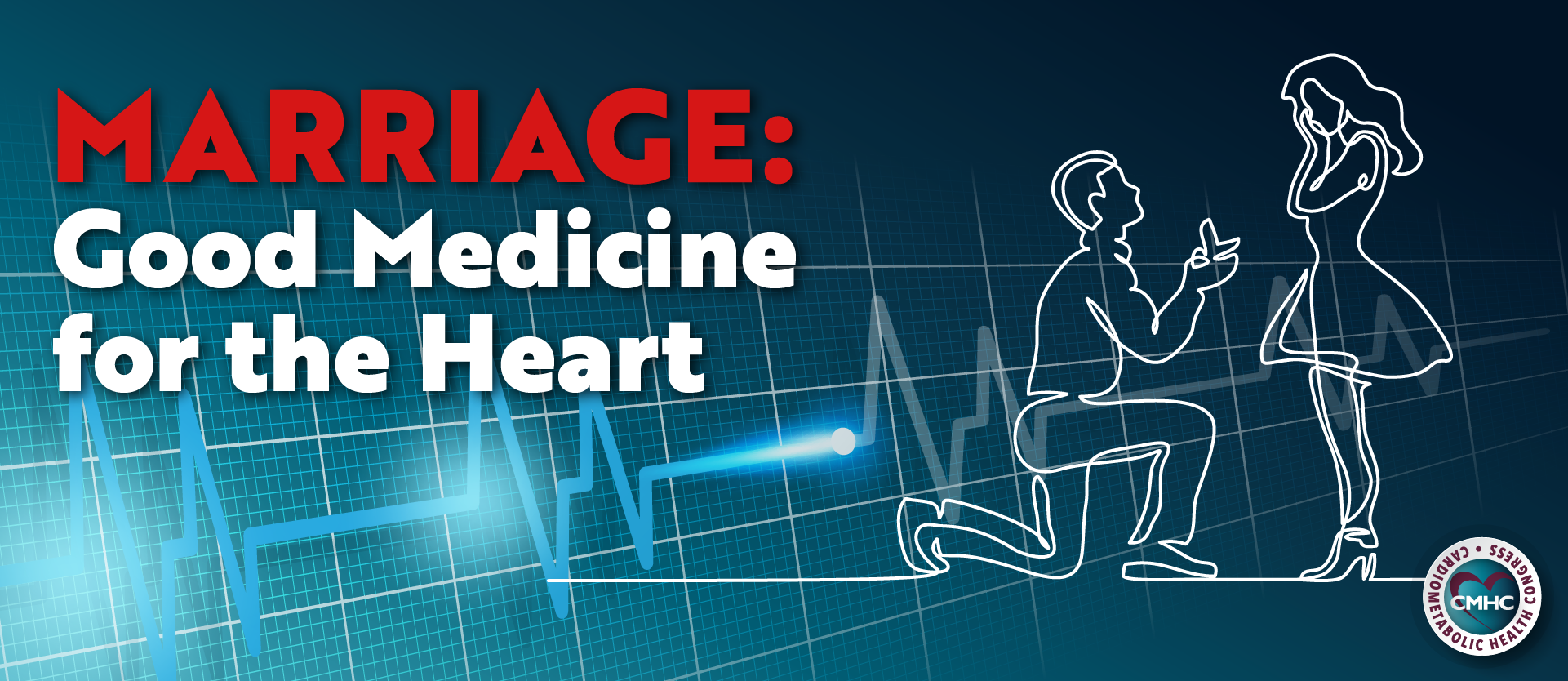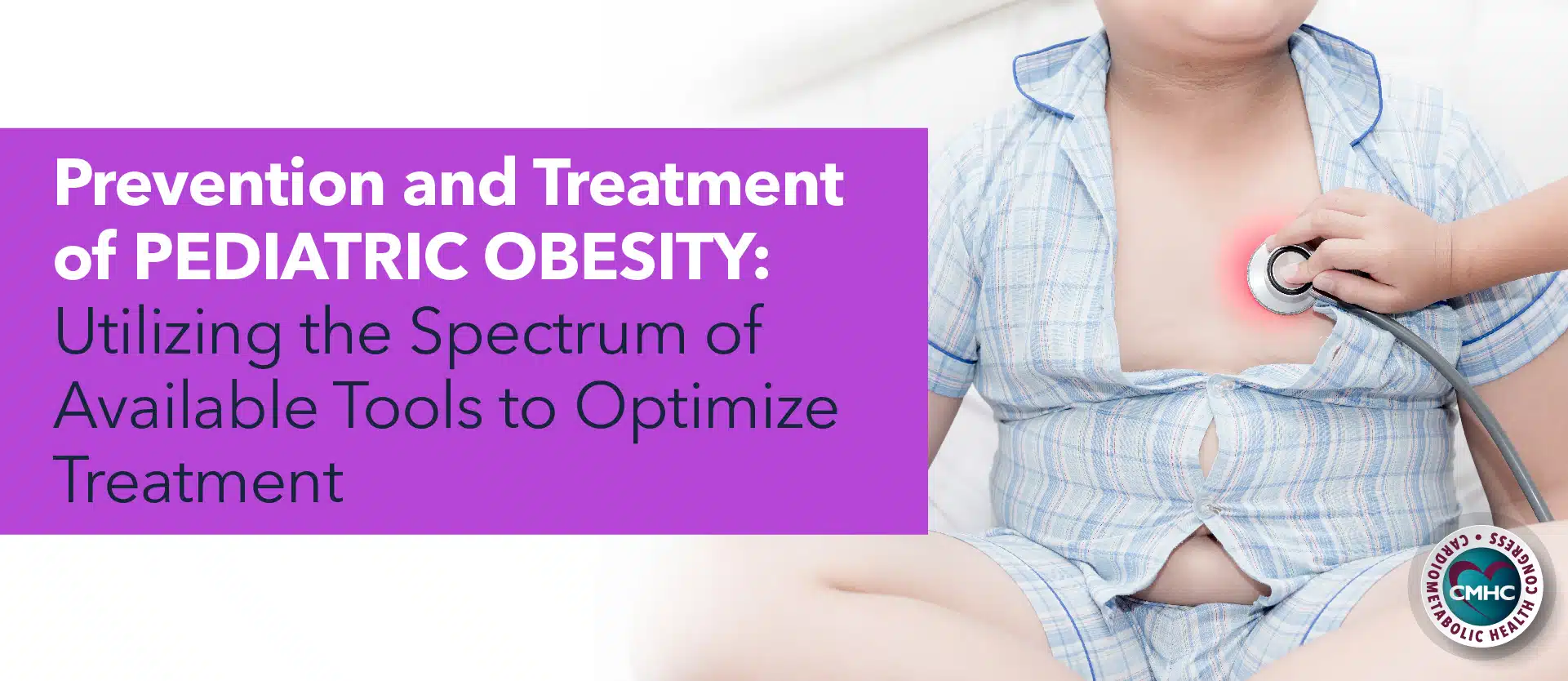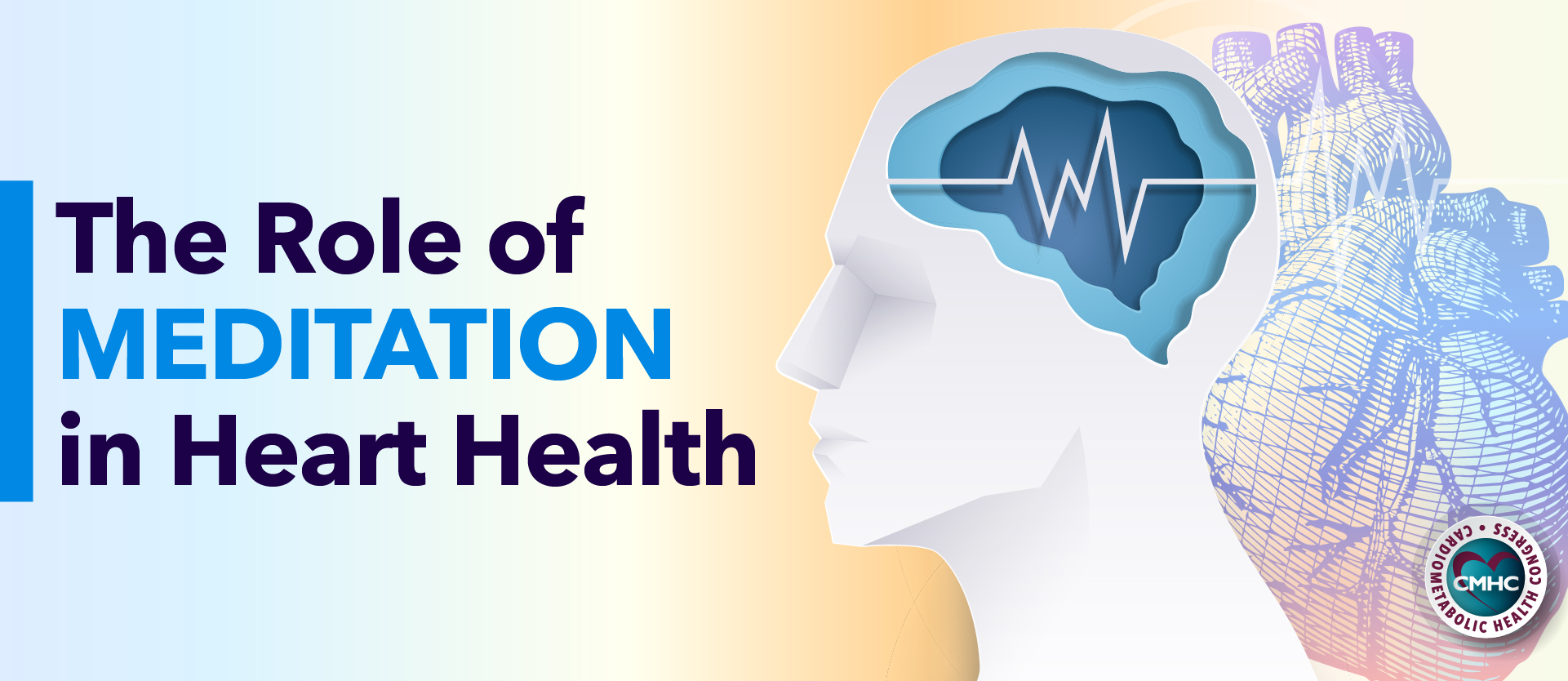A new study published online last month in the journal Heart suggests that protection from heart disease and stroke may be health benefits from marriage. British researchers analyzed data from 34 studies that were published between 1963 and 2015, including more than 2 million people between the ages of 42 and 77, in Asia, Europe, the Middle East, North America, and Scandinavia.
The investigators found that, in comparison to married people, those who were never married—or divorced or widowed—had a 42 percent higher risk of cardiovascular disease, a 16 percent higher risk of coronary artery disease, a 42 percent higher risk of death from coronary heart disease, and a 55 percent higher risk of death from stroke. The researchers also found that divorce was associated with a 35 percent higher risk of heart disease, and that widowers were 16 percent more likely to have a stroke.
There was no difference in the risk of death following a stroke between married and unmarried people. But those who had never married were 42 percent more likely to die after a heart attack than those who were married, the findings showed.
The researchers stated that their findings suggest that marital status might be an independent risk factor for heart disease and stroke, and for the likelihood of dying from those conditions. However, the study did not prove that marriage caused heart risks to drop.
In a journal news release, Mamas Mamas, a professor at Keele University in Stoke on Trent, wrote: “Future research should focus around whether marital status is a surrogate marker for other adverse health behavior or cardiovascular risk profiles that underlies our reported findings or whether marital status should be considered as a risk factor by itself.”
These findings support previous research published last December in the Journal of the American Heart Association, in which researchers at Emory University in Atlanta found that people with cardiovascular disease who were not married—including those who were divorced, separated, widowed, or never married—had 24 percent higher rates of death from any cause during the study period, compared to those who were married. Specifically, not being married was associated with a higher risk of death from cardiovascular causes, like heart attacks and strokes, for the more than 6,000 Emory Healthcare patients in this study. Divorced and separated people had a 41 percent increased risk of death; widowed people had nearly double that risk.
There are a number of theories as to why marriage may benefit overall health, and serve as a factor in combatting cardiovascular risks, including earlier detection and treatment of health problems; better adherence to medication regimens; greater financial security; enhanced well-being; and larger friendship networks. Previous studies further support the importance of relationships when it comes to health, as there is a growing body of work that demonstrates how our social relationships can have immediate and lasting consequences for our cardiovascular health.
SOURCES
https://www.webmd.com/heart/news/20180619/marriage-is-good-medicine-for-the-heart
https://open.library.emory.edu/publications/emory%3As7m5t/
https://abcnews.go.com/Health/married-heart-disease-patients-live-longer-study/story?id=51904761


















